Why You Should Stop Advertising
Curt Hanke — FOUNDER, PRINCIPAL, CEO & CHIEF STRATEGIST
Originally published in INC. Magazine on September 17, 2013
If your advertising doesn’t have a clear message and a specific audience, you’re not doing it correctly. Advertising exec Curt Hanke explains what you are doing wrong and how to correct it.

“Many a small thing has been made large by the right kind of advertising.” So says Mark Twain, and I believe that there is more than enough evidence to suggest that he’s right. But note that he doesn’t say just “advertising” — rather, he qualifies this assertion with, “the right kind of advertising.”
Turn on a TV, open your laptop, get in your car, look in virtually any nook and/or cranny of our branded universe, and you will see a world filled with banal, ineffective, purposeless, poorly executed advertising that is frankly insulting to those with an active noggin.
In an era of growing competition, heightened performance expectations, and increased pressure on margins, there are sadly more and more brands with less and less to say. The result? Increasing homogeneity across virtually all business categories. Ineffective advertising (and marketing as a whole) is hardly the only culprit, but it plays more than a supporting role in the modern-day “blanding” of brands.
So let’s start a movement. Let’s stop bad advertising. Here’s how.
Stop advertising if you don’t know who you’re trying to talk to.
Imagine writing a letter to a stranger. Where would you start? Exactly. Great, powerful, meaningful advertising — the “right kind of advertising” — must start with consumer understanding. A deep comprehension of (and empathy and affinity for) who your prospects are, who they want to be, and the role that your brand can play in their lives. And just to be clear, we’re talking heart and mind stuff here, not 3 percent less salt.
Stop advertising if you don’t know what you’re really trying to accomplish.
Let’s buy an ad! Sounds great. But bear with me for just a second. What’s it going to cost? What do you hope will happen as a result? Best case? Worst case? Compared to historical or competitive information? How many new customers, or returning customers, or referrals will you receive? How do you quantify this value, short- and long-term? And how does the math look when you finish the equation? Far too many marketers start with the headline, not the bottom line — and that’s a certain formula for disaster.
Stop advertising if you don’t have anything to really talk about.
There’s a cynical saying among ad agency folk: “Nothing kills a bad product faster than good advertising.” While we can capture deep consumer insights and create delicious performance pro formas, at the end of the day, you have to have something worth talking about. In the words of advertising legend David Ogilvy, “What you say in advertising is more important than how you say it.” While I’d argue that was far more true in Mr. Ogilvy’s time than it is today, there nevertheless remains a minimum threshold where you need to bring the goods or keep your checkbook in the drawer.
Stop advertising if you can’t agree upon something interesting to say.
Advertising is art, and art is many things. Art is squishy. Art is subjective. And good art is undoubtedly difficult to make. But one thing that art shouldn’t be is boring — especially when you’re paying for someone to look at it. So if your advertising barely has a pulse, maybe it’s time to let it redline.
From a wide angle lens perspective, expectations and inertia are two of the most lethal villains in modern-day business. “Because my competitors do” or, “Because I should” are horrible reasons to do anything — much less when it comes to managing your advertising spend.
So consider the contrary for a second: What if you stopped advertising altogether? What would happen? Are you spending enough for it to matter (and would you even know)? Are you saying something interesting enough (and to the right people) to really move the needle?
Or ask yourself the inverse: What if you tried something more ambitious with your advertising? Saying something a little more bold, based on a deep consumer insight? Spending in a new way, with a more clearly defined set of metrics? Or dusted off that “great ad” you were afraid to run, because it seemed too, well, daring?
While Mr. Twain wasn’t speaking about advertising when he said the following, I believe it’s germane to our topic, nonetheless: “Do the right thing. It will gratify some people and astonish the rest.” On behalf of those who are tired of “blanding,” thank you for your consideration and support.


